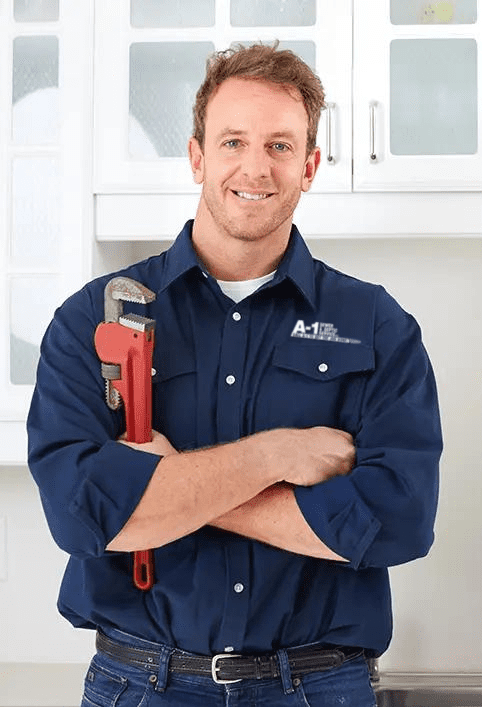Gas Line Repairs in Kansas City
If you’ve had experience with both electrical and gas appliances, there’s probably one major takeaway that you learned from that experience, “Gas is better.” Just ask any realtor, home builder, or chef and they will quickly tell you that gas is better than electric. So many people prefer natural gas



